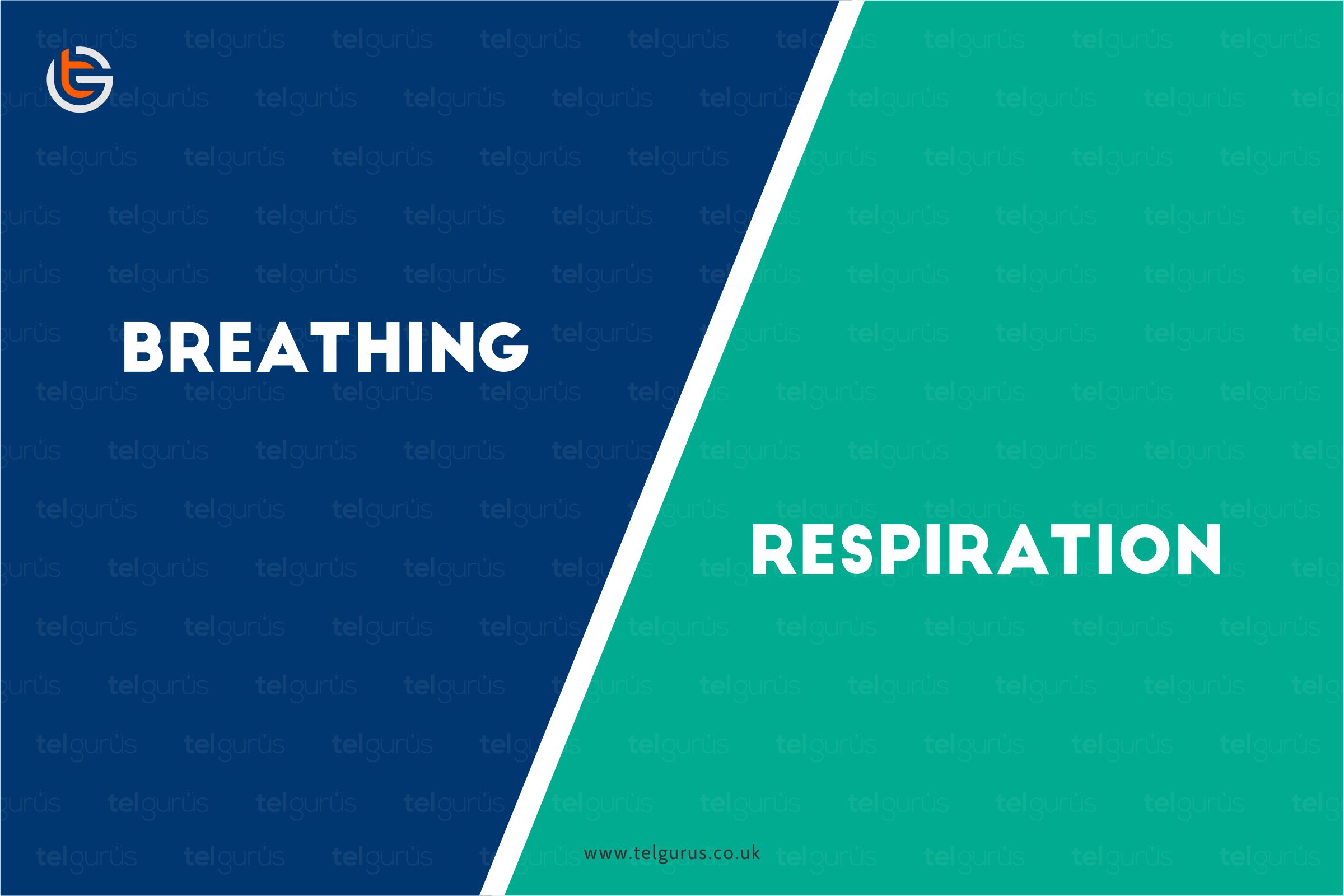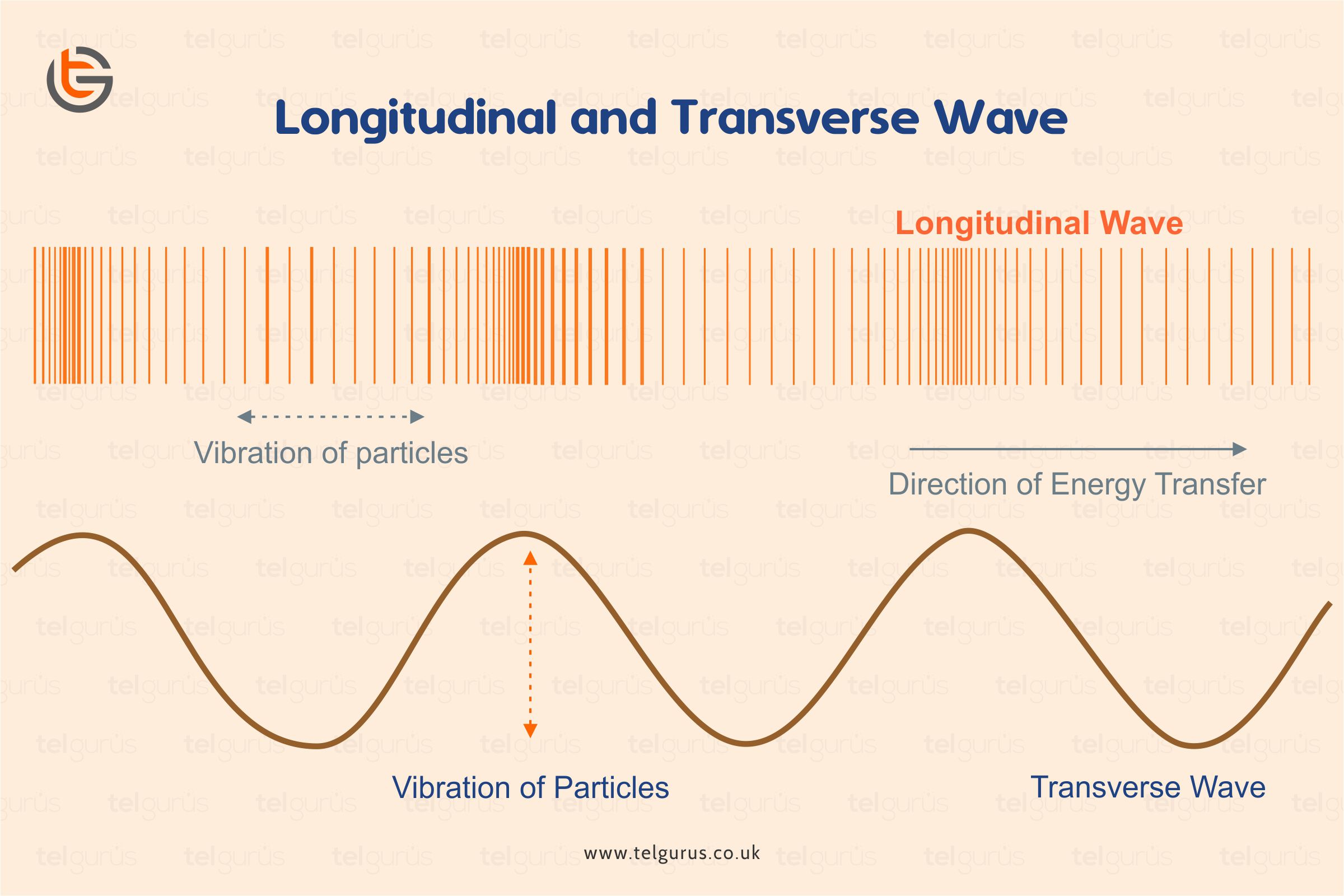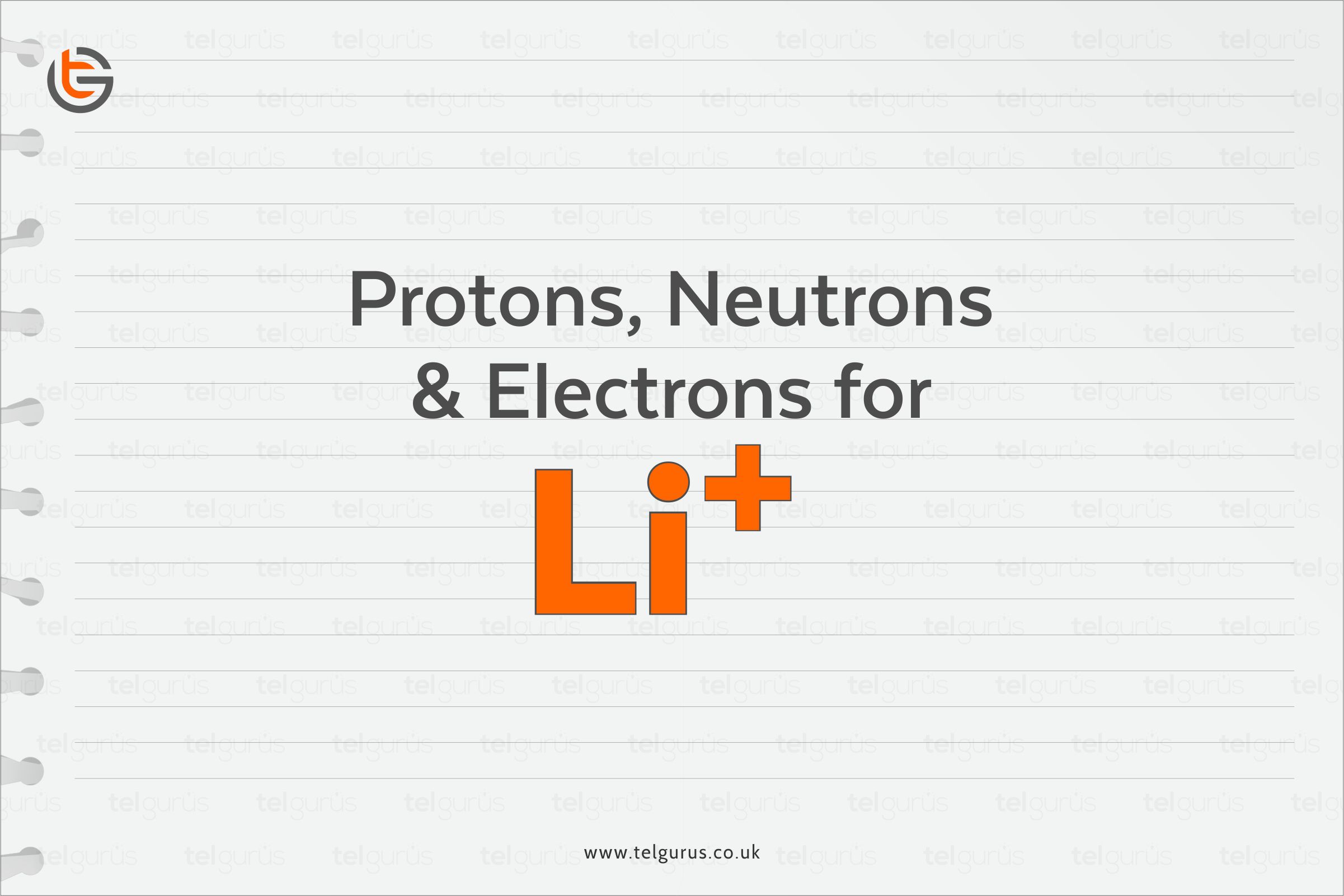Enrich your knowledge with our informative blogs
What is the difference between breathing and respiration?

Respiration and breathing are two completely different terms but are the interrelated body processes that assist the body’s organs to function appropriately.
Let us get acquainted with both the terms individually.
What is Breathing?
Breathing is defined as the action of water or air moving across the respiratory structure’s surface like lungs or gills to help exchange carbon dioxide and oxygen from the environment for the process called respiration.
How do we breathe?
The breathing process begins when a person inhales air through the mouth or nose, and it travels down to the back of the throat and goes into the windpipe that is further divided into several breaths of air passages known as bronchial tubes.
The physiological parts that are involved in the breathing process include
- Nose
- Nasal cavity
- Mouth
- Sinuses
- Throat (Pharynx)
- Windpipe (Trachea)
- Voicebox (Larynx)
- Lungs
- Diaphragm
- Bronchial tubes
- Capillaries
- Air sacs
What is Respiration?
Respiration is defined as the biochemical process where the cells of an organism obtain energy from glucose and oxygen and further releases Carbon Dioxide, ATP, and o water.
This obtained energy is then used for several activities like walking, sitting, running, and almost all the other bodily processes.
It plays a crucial role in maintaining the organ system’s functions. Furthermore, respiration can be classified into two types.
This includes:
- Aerobic Respiration
Aerobic respiration is a process that takes place in the oxygen’s presence to produce energy. Aerobic respiration can be observed in all types of eukaryotic cells.
- Anaerobic Respiration
Anaerobic respiration is a process that takes place in the oxygen’s absence. It can generally be observed in human muscle cells, methanogens, and prokaryotes.
How are breathing and respiration different?
Both respiration and breathing are interrelated terms, but their mechanisms vary. Let us take a closer look at the differences between them.
Understanding the difference between Respiration and Breathing
| Parameter | Respiration | Breathing |
| Definition | It’s a process where oxygen and glucose are broken down to produce energy that is further used for cellular activities. | It’s a process of inhaling oxygen and exhaling carbon dioxide with the help of the lungs. |
| Process | Respiration is a biochemical involuntary process that takes place through
Glycolysis Krebs cycle |
Breathing is a biophysical voluntary process that occurs in two stages
Inhalation Exhalation |
| Energy production | Energy is produced here in the form of ATP | No energy is produced here |
| Where does it take place? | It takes place in cells | It takes place in gills or lungs |
| Cellular activity | It is an intracellular process | It is an extracellular process |
| Systems or organs associated | It takes place in each cell | It takes place through the respiratory system. |
| Enzymes utilized | Several enzymes play a crucial role in this process | No enzymes are utilized in this process |
Bottom Line!
The essential difference to understand between both the terms is breathing refers to the physical process of exchanging gases whereas respiration refers to the chemical process that occurs at the cellular level and produces energy.
Read More – Biology Questions
View More – Useful links for Your Child’s Development

Visualize the in-depth understanding of the natural world!
Biology would sound more interesting when your curiosity levels are satisfied with better visuals & logical explanations.
Categories
Recent Posts
- List of the qualities you should look for in your tutors?
- What is the most useful formulas in math?
- Describe the process of eating to defecation of food?
- Difference between the natural and artificial active response by the immunology system.
- Explain the different circle theorems
- How are nerve cells adapted to their function?










